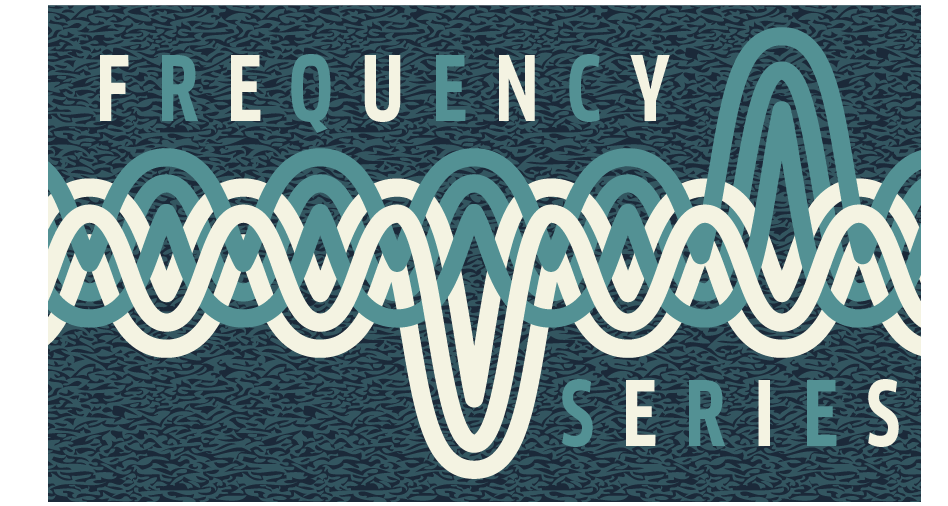Øyvind Torvund imagines his own vision of twined modernism on The Exotica Album
Øyvind Torvund
Few serious composers at work today can match the unbridled imagination, whimsical sensibilities, and artistic rigor of Norwegian Øyvind Torvund, a man who easily works within the academy (and its attendant traditions) and outside of it. Just about everything I've ever heard from makes me think and surprises me, but the experience is never stultifying or dry; he has points to make or visions to share, but at his core he seems to insist that music can accomplish those things while retaining the ability to entertain, mystify, or cause wonderment. His pieces are loaded with information and humor--he's an architect of confusion, envisioning absurd concepts or settings just to see what can happen when the goal is impossible.
So far this year few recordings have provided more joy than The Exotica Album (Hubro), one of Torvund's most fanciful creations. BIT20 Ensemble, a superb, versatile contemporary group from Bergen, for a performance at the Only Connect Festival in Oslo back in 2017, commissioned the piece. The composer sought to convey the feel and sound of the acridly fake 50s exotica of Martin Denny, Les Baxter, and Esquivel that returned to vogue during the 90s, twining it with the meticulously produced early electronic music that began thriving around the same time. But Torvund isn't interested in a flip mash-up or post-modern pastiche--instead he weaves seemingly incongruent elements into a gorgeously cogent whole, which each aesthetic brilliantly drawing out idiosyncratic qualities of each component. It's idea-packed, but it's also fun as hell and oddly addictive. These days it's rare for me to want to play a record right after it's finishing, but that's been happening a lot with The Exotica Album. BIT20, conducted by Trond Madsen, performs Torvund's orchestrations with flair and warmth, going deep into lush romantic flourishes without an ounce of irony. Later, saxophonist Kjetil Møster and synthesizer player Jørgen Træen laid down a series of dazzling overdubs, taking the piece convincingly out of retro territory.
The recording opens with "Ritual 1," a jaunty whistled melody (vividly intoned by Knut Andreas Knutsen) that sounds like Battles imitating Disney's dwarves whistling as they work, laid over streaming water, pulsing maracas, before the baton is handed to Sigrid Holmstrand's flute. The music dives heads first into Polynesian excess on "Starry Night" with overripe strings, but from the start the arrangements are curdled by blorpy analog electronics that sound of water droplets falling into ground into globs of slime. Swelling glissandos and harp arpeggios are pierced by swooshes of white noise and synthesized birdsong while a tentative bongo rhythm percolates underneath. As the album unfolds Torvund touches on other hallmarks of exotica, particularly the beautiful harmonized unison lines voiced by piano and vibraphone, while the ubiquitous sound of birds are left to Træen's synthesizer, expertly toggling between real and fake tweets, gurgles, and curlicues. They're all over the place on "Wind Up Paradise Birds," whose title underlines the artificiality, amid 20th century classical tropes via staccato unison lines on piano and marimba, melancholy oboe lines, and Møster' nasal soprano sax excursions, which border on schmaltz.
"Waking Up Again" opens with a rush of violent white noise on par with Merzbow to convey the ferocity of a tropical storm only to be interrupted by a sing-songy marimba lick and Brøtzmann-grade tenor honks. An episode of clashing cadences provides a wink at the cartoon music of Carl Stalling before unison piano and harp leave a trail of Liberace-like glitz. Elsewhere there are underwater dives of pizz strings, low-end marimba, and snorkel exhalations; bicycle horn melodies voiced by trumpet; electronically-manipulated whiplash string jabs that convey pure disorientation; and a closing smudge of symphonic richness that conjures a sweeping natural vista captured in a classic Hollywood film. On "Cave," which you can hear below, Torvund unfolds a procession of marvelously plotted episodes--a pastoral valley of soft-toned trumpet and sweet harp opens up for an epic solo by Møster with a solo that teeters between Tom Scott's Baroque blowing on the Taxi Driver theme and Gato Barbieri's orgiastic turn on Last Tango in Paris, that winds down to welcome shimmering mallet percussion that blends with harp and plucked strings to articulate some phantom classical Chinese melody.
The album is complemented by a terrific liner note story by Rob Young, in which the narrator recounts a past of sailing through various tropical wonderlands on the Rainforest Morning, now "a rusting hulk." The flush optimism and plenty of his early travels now turned acrid and barren, with overtones of Lord of the Flies like breakdown leading to complete surrender: "But we have stopped signaling to passing jets." No album this year has brought me more pleasure.
Today's playlist:
Daniel Carter, William Parker & Matthew Shipp, Seraphic Light (Aum Fidelity)
Georg Katzer, Les Paysages Fleurissants: Elektroakustische Kompositionen (Wergo)
Kevin Parks & Vanessa Rossetto, Severe Liberties (Erstaeu)
Isabelle Faust, Alexander Melnikov & Salagon Quartet, César Franck: Sonate pour piano et violon/Ernest Chausson: Concert pour piano, violon et quatuor à cordes op. 21 (Harmonia Mundi)
Ustad Zia Mohiuddin Dagar, Ragas Abhogi & Vardhani (Ideologic Organ)





